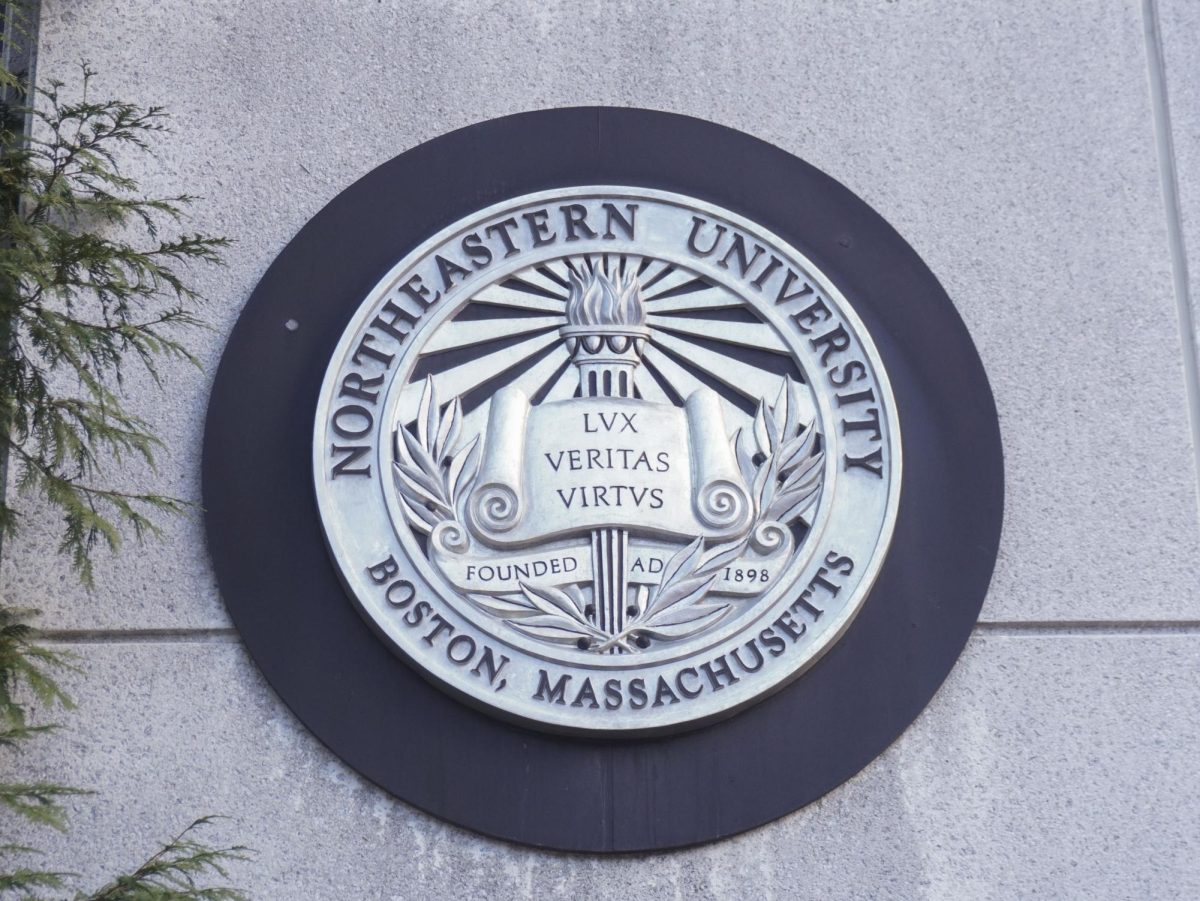Put away those after dinner mints or mouthwash, for a quick fix on preventing tooth decay, how about chewing on some Gouda or Brie?
The Forsyth Insistute, located on the corner of Hemmenway and Forsyth Street., conducts various kinds of scientific studies on the premisis. According to research by the Institute, certain dairy products, such as cheese, contain preventative elements that reduce build-up of cavity causing acids.
“There have been numerous studies on the cariogenic effects of various foods, only a few have attempted to determine whether milk or cheeses increase the risk of developing cavities,” the study reads.
A cavity forms when bacteria builds up on the tooth and in turn produces harmful acids. The acids act as a catalyst to the decaying of the tooth enamel. Co-authors of the Nutrition Review released in April 2002, Dominick DePaola, DDS, PhD, president and chief executive officer of The Forsyth Institute and Shelby Kashket, PhD and senior research investigator at Forsyth, confess they do not know exactly what elements prevent the harm to the teeth.
One possible explanation for the cavity-preventing cheese is its fatty acid content.
Cheese, low in harmful trans-fatty acids, is a good source of the essential fatty acids such as linoleic and linolenic, according to the Dairy Management Inc.
Besides poor teeth, without the presence of the essential fatty acids, people may suffer from muscle weakness, vision impairment, nervous disorders, depression, and even male sterility.
Studies primarily with laboratory rats revealed the protective effects of cheese in cavaties formation, the study reads.
The recent data demonstrates the potential for establishing a molecular basis for understanding the anticavity effects of dairy products, including cheese, the survey said.
Escaping cativities may become easier with this new study, but maintaining waistlines may be increasingly difficult. Maybe with further research both elements can mesh together for a healthier lifestyle.










